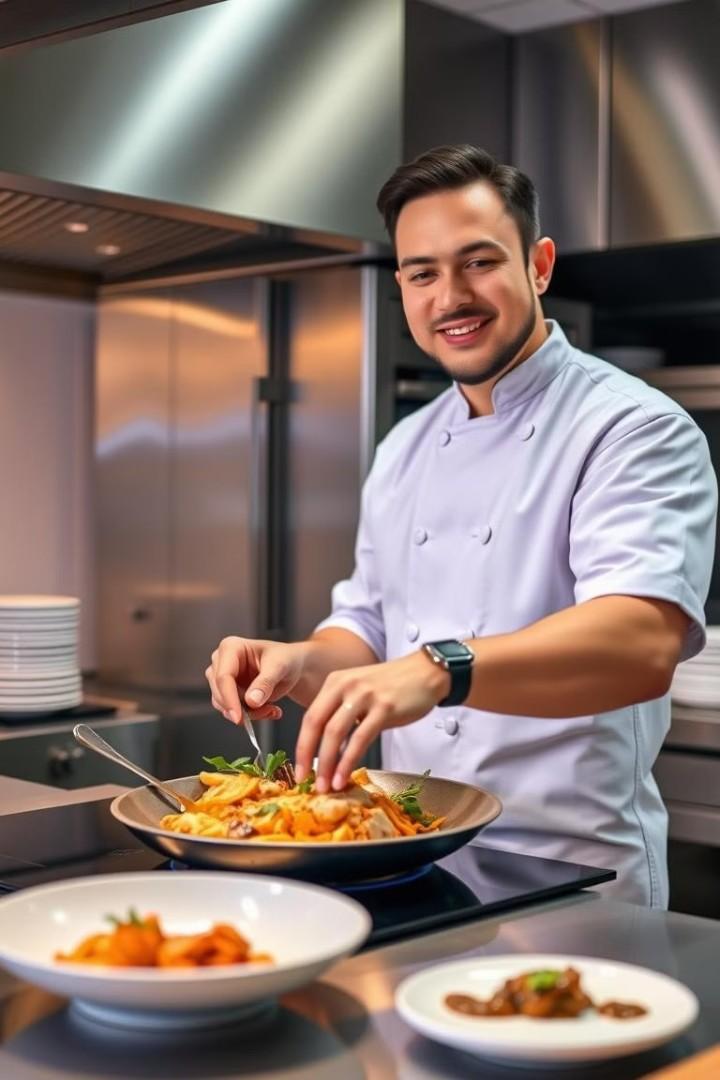Commercial Induction
Cooker Market: Trends and Opportunities
This presentation explores the burgeoning commercial induction cooker market, examining its key drivers, competitive landscape, and future potential.


This presentation explores the burgeoning commercial induction cooker market, examining its key drivers, competitive landscape, and future potential.

Electromagnetic Heating
Induction cookers use electromagnetic induction to generate heat directly within cookware.
Energy Efficiency
Induction cookers transfer heat directly to the cookware, minimizing energy waste and reducing cooking time.

Induction cookers offer significant energy savings compared to traditional gas or electric cooktops.
Induction cookers provide precise temperature control and faster heating times, boosting kitchen efficiency.
Induction cookers eliminate open flames and hot surfaces, enhancing safety in commercial kitchens.

Electrolux
A leading provider of commercial kitchen equipment, Electrolux offers a wide range of induction cookers.
Miele Known for its high-quality appliances, Miele offers premium induction cookers for professional kitchens.
Rational Rational specializes in innovative cooking technology and offers advanced induction cookers for high-volume kitchens.


Induction cookers are widely used in restaurants for their versatility and speed.

Induction cookers are becoming increasingly popular in cafes for their energy efficiency and compact size.

Hotels are incorporating induction cookers in their kitchens for their safety features and ease of use.

Induction cookers are widely used in institutional kitchens, such as hospitals and schools, due to their reliability and durability.


1 Energy Efficiency
Induction cookers transfer heat directly to cookware, minimizing energy waste and reducing cooking times.
2 Safety
Induction cookers eliminate open flames and hot surfaces, making kitchens safer for chefs and staff.
3 Sustainability
Induction cookers contribute to environmental sustainability by reducing energy consumption and greenhouse gas emissions.




Induction cookers with integrated sensors and advanced controls offer precise temperature management and real-time monitoring.
Connected induction cookers allow chefs to remotely monitor and control cooking processes from anywhere.
Induction cookers are incorporating advanced energy-saving features, such as automatic shut-off and timer functions.


The demand for commercial induction cookers is expected to grow significantly in the coming years.

Continued innovation in induction cooker technology will drive further market growth.

Increasing environmental concerns are driving the adoption of energy-efficient induction cookers.
